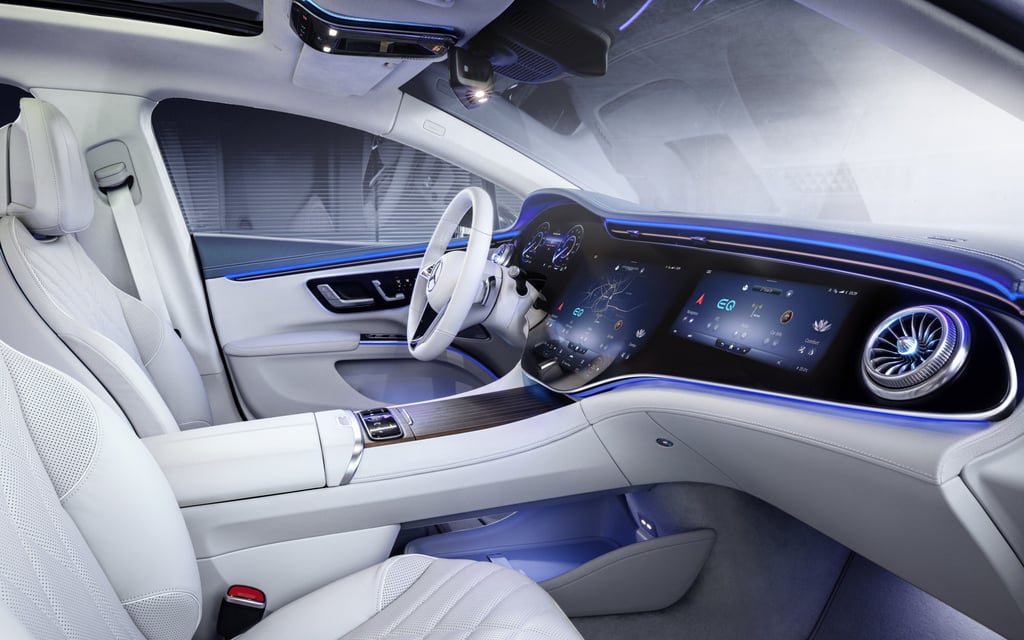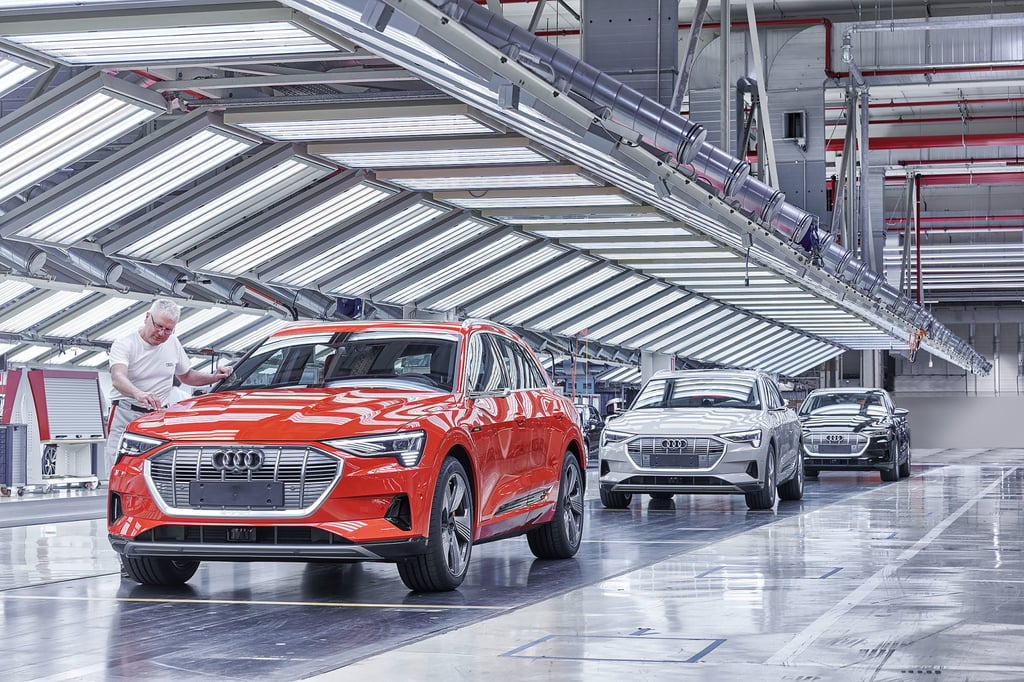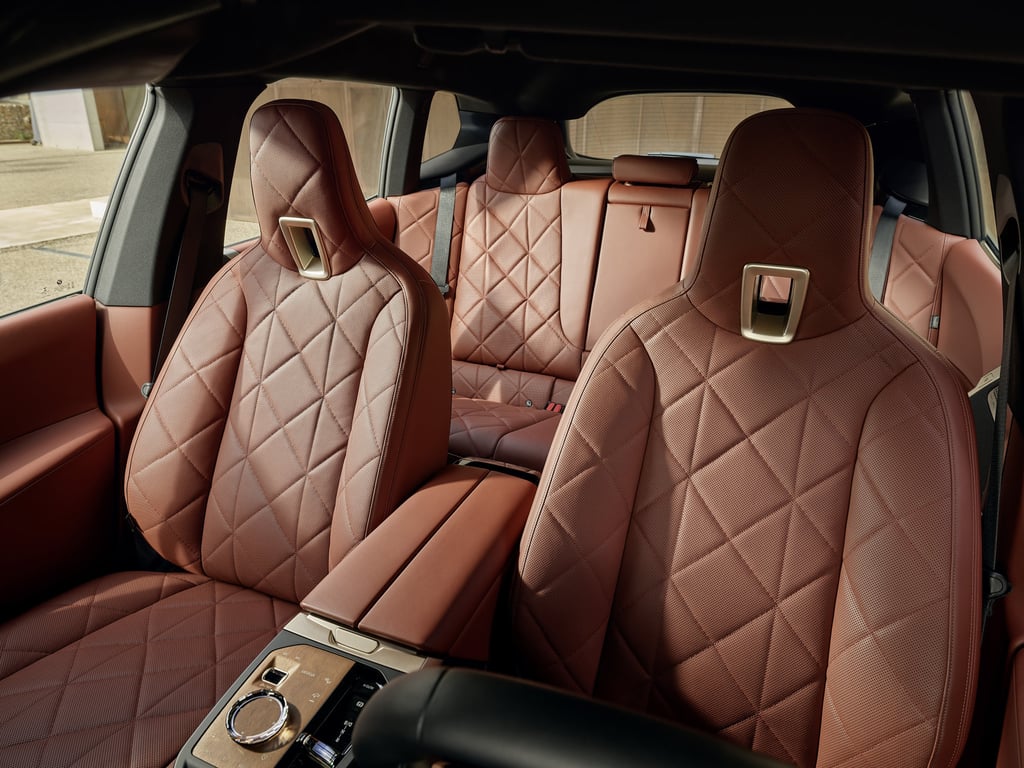Will the luxury car world be completely electric by 2030? The Porsche Taycan EV was a wild success in China and beyond while BMW and Mercedes-Benz have ambitious plans in the works

- Land Rover, Jaguar, Maserati and Alfa Romeo aim to be all electric within the decade, but Ferrari and Lamborghini haven’t launched any EVs yet
- In China, where luxury brands attract more millennial and Gen Z consumers, the domestically made HiPhi X dethroned the Porsche Taycan as the country’s most popular luxury EV in 2021
The way EVs are shaking up the top end of the car industry is not unique to China. “Luxury brands have really underestimated Tesla as a competitor, and indeed just two Tesla models outsold BMW’s entire line-up in the US in Q3 [2021],” says James Carter of Vision Mobility, a future transport consultancy.

In terms of current ownership, a handful of German companies continue to dominate the luxury and premium segments of the global car industry. But change is coming.
Audi has taken a similar approach to Mercedes. Its Vorsprung 2030 initiative promises to see all combustion-engine models phased out by 2033, except – bizarrely – in China, and it has used “e-tron” badging since 2019 on both new EV models and electrified versions of existing models.

BMW got off to an early start with its i-range – the i3 entered production in 2013 – but has failed to keep up the momentum. Although quite successful with plug-in hybrids, until this year’s launch of the i4 and iX, the company lagged with pure EVs and the Bavarian giant only aims for them to make up half of all sales by 2030.
